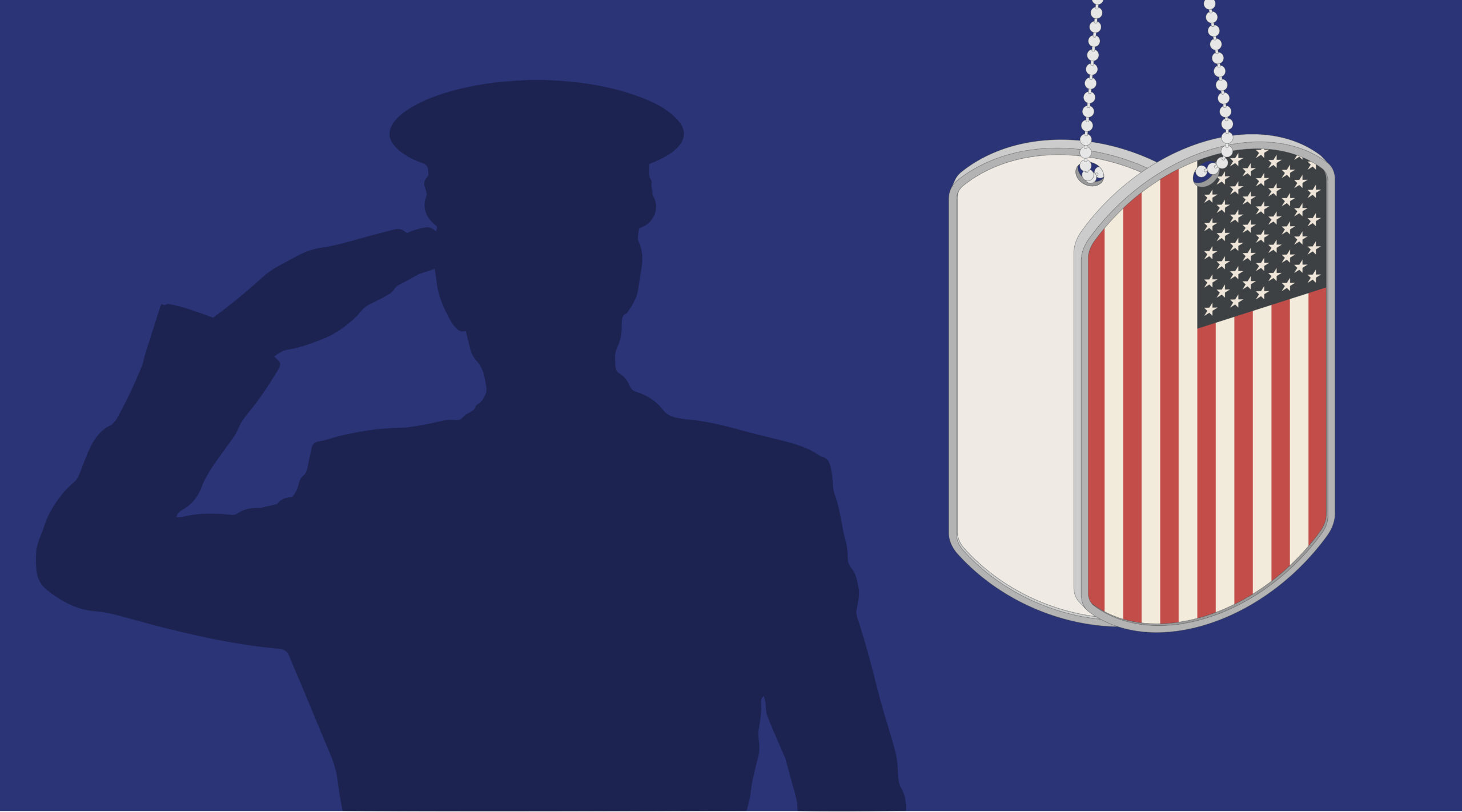A client recently shared with me that she gained great inspiration from reading “What Color is Your Parachute?” & her new favorite, but super fun quote is “Are you ready to pull your corporate cord?”
It truly resonated with me in my franchise coaching with clients in career transition.
As we think about the overall franchise business, it is a curse and a blessing. On the one hand, you probably can’t sleep because you’re so excited about running your own show. On the other hand, you can’t sleep because that little voice in your head has started screaming…”What the *&^% are you thinking? Just go back to your corporate office and behave!”
If thoughts like these are going through your head right now, no worries.
Buying a franchise is a complex process that needs to be thoroughly investigated before you make your final decision. The following helpful information, which just touches the surface of the process, offers information to get you started.
Choose a franchise you have an interest in and passion for, or an industry in which you’ve had prior experience.
This is likely the single biggest decision you may make in your life, so choose wisely, and steer clear of red flags that pop up that may indicate a particular opportunity is not worth the risk. These include:
- A high-pressure sales pitch
- The franchise salesperson or broker is making promises or commitments above and beyond what’s in black and white in the Franchise Disclosure Document (FDD).
- The franchise salesperson lacks follow-through.
- Poor or no validation from former and existing franchisees.
- Excessive litigation in the franchise system, itself.
- You don’t feel confident you’ll learn what you need to run your business.
- The franchisor is not financially secure.
How much franchise can your wallet afford?
As you research franchise opportunities, you need to find out exactly what your overall investment is going to be. If a franchisor is advertising a certain initial investment, it doesn’t mean that’s all you’ll be asked to pay. While it probably includes your down payment and possibly part of your franchise fee, there are many other costs involved, including legal fees, build-out costs, supplies and working capital. Make sure to get a comprehensive list of the items that will make up your total investment. And, most importantly, make sure it’s a number you feel comfortable with.
Do your due diligence.
Once you choose a franchise that fits your life and budget, it’s time to start investigating the company. You’re not just buying a franchise, but a system. And it has to be a perfect fit for you. Meet with the top execs in the company, and track down existing franchisees on your own. Ask plenty of questions.
Consult with a franchise attorney.
A general business attorney is not qualified. You and legal counsel will review all franchise documents to make sure you understand all terms and documentation before signing on the dotted line.
Finally, prepare a business plan.
It will not only help you receive financing for your franchise, it will also become your guideline to success. Creating a business plan sets out your own personal goals from the investment – which should be well-researched and follow a certain structure. Creating a business plan will keep you on the track of achieving your goals.
We like to stay in touch throughout the process of your deciding to move forward…or not to move forward. You’re planning to invest a lot of time and money; there is no financial commitment from you to learn more as you validate each franchise we present to you. Our role is to support and prepare you as a client to give your best presentation possible to your chosen franchisor.





